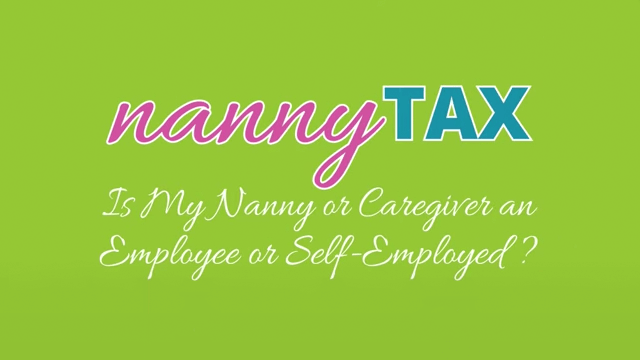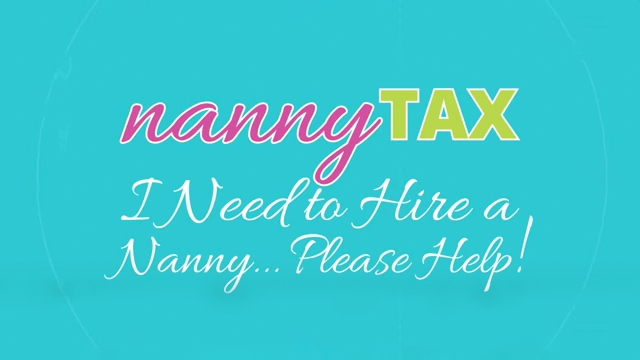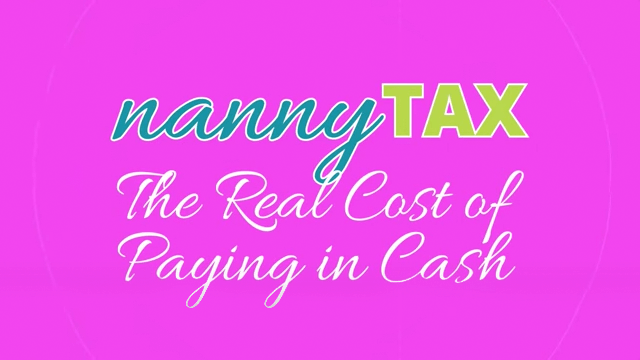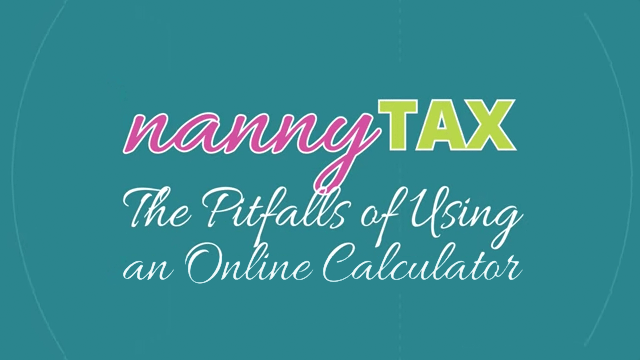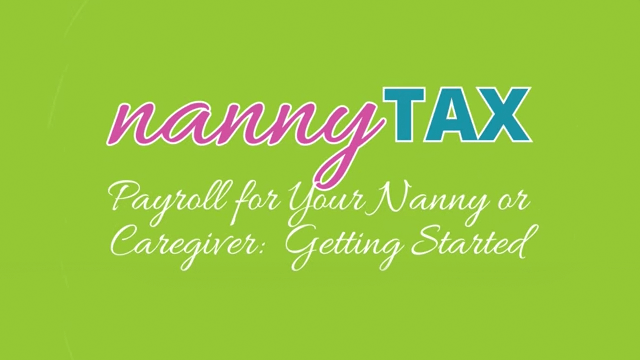
What’s the Difference Between Gross and Net, and Why Do I Need to Care?
OK – here is my attempt to change the world. I am not going for anything drastic; just a minor change. And, really it only applies to people who hire a Nanny or Caregiver, and their employees; so, probably not all that world altering come to think of it, but none the less, here it is: when negotiating pay, use the gross (before deductions) figure, and not net (after deductions). There, I did it!
Really, I am not so naive to think that no one will ever negotiate based on the paycheque amount from now on. The reality is that this type of negotiating is very unique to the caregiving profession, and we definitely accommodate these kinds of contracts with our nanny tax services. However, negotiating based on net has also been the source of many misunderstandings in the negotiating/pay process between employer and employee.
Imagine this – you are a Nanny who is used to being paid $500 per week in your pocket. Your employer no longer requires your services so you seek out a job that will pay the same and find something with an amazing family who you look forward to working with. The first payday comes and you are handed a cheque for $415. What is your immediate reaction? Perhaps you give the employer the benefit of the doubt, but you may also feel cheated. What really happened here? The employee was negotiating in terms of net, and the employer was negotiating in terms of gross. They were discussing apples and oranges, to say the least, and it could mean that both parties are going to need to start at square one again with the job search.
This is why people who are in the negotiating process need to make the terms of payment absolutely clear in their contract. Neither employer nor employee want to have any surprises when that first payday arrives. Obviously, a payment negotiating fumble of $85+/week difference can mean, from the employer standpoint, that the person you hired is completely out of your budget. And, it could mean for the employee, that the pay being offered will not cover living expenses.
What kind of language does that mean for negotiating? Let’s start at the beginning.
Definitions
Gross – If you were to look this word up in your thesaurus, you would find a few different options. Aside from the obvious ones that don’t apply (disgusting, uncivilized, and heavy), you would find total, aggregate, overall, and sum. As this implies, the gross amount of someone’s salary is the amount before deductions. This is the number negotiations should be based on.
Net – Looking this up in a thesaurus, you would find that the relevant synonyms include “remaining”, “take-home”, “after deductions”. This is the actual amount that an employee is given after taking out taxes, Canada Pension Plan (CPP) contribution, and Employment Insurance (EI) premium. This amount would also normally change whenever the tax, CPP or EI rates change.
Canada Revenue Agency (CRA) Rates
Tax, CPP, and EI rates are based on gross amounts. Let’s take the simplest example – EI. In 2012, the EI rate is 1.83% of insurable earnings. When no insurable taxable benefits are involved, this means that the premium is 1.83% of the gross salary amount. So, on a gross amount of $1000, the premium amount would be $18.30. Then, this amount is deducted from the gross amount leaving $981.70.
Let’s say the pay is based on a net amount of $1000, then we have no idea – without using an iterative calculating method taking into account tax credits, rates, and the CPP rate – how much EI is payable. Personally, I love the iterative challenge and am more than happy to crunch the numbers and run my algorithm, but the point is that the rates are all based on gross, not net.
The TD1 form and Paying Based on Net
When we start talking taxes, we start getting more complicated. If you remember from the last blog entry, a form that any employee needs to complete is the TD1 form. This form tells the employer whether the employee is claiming credits for things like tuition or a dependant, and so the employer can reduce the taxes they are deducting from source (the employee’s gross pay) and remit appropriately to the CRA. But, if the pay is based on net, then you end up working back to a lower gross amount.
On the other end of the spectrum is an employee who is working at more than one job. On the TD1 form, everyone is entitled to claim the basic claim amount. But, it can only be claimed once. So, if a new hire already has a position elsewhere and they are claiming the basic amount with the other employer, the employee cannot claim it again. When this happens, and negotiations for salary were based on net, the gross amount will be much higher and the expense incurred by the employer will also be higher. To give a quick number example (note that these numbers are only for illustration purposes and are not 100% accurate to today’s rates):
Let’s say that a salary of $350/week net (after deductions) was negotiated for a part-time employee. If that employee were to claim the basic claim amount, then the gross amount per week would be (for illustration purposes) $410, meaning that the employer is responsible for remitting $60 for each pay period to the CRA (along with the employer portion of CPP and EI). Now, if the employee indicates that they are not claiming the basic amount because they are employed elsewhere, then the gross amount per week would be $470. So, the employer in this case is responsible for remitting $120 for each pay period, along with the employer portion of CPP and EI. In other words, the remittance to the CRA would be more than double. Of course, the opposite could also happen when paying based on a net amount and the employee makes additional claims.
In any case, hopefully, the point made here is well taken – it is better to discuss salary based on the gross amount. And if you need any help with figuring out some gross or net calculations, please contact us. Now we shall wait and see if this has any impact on the future of nanny pay in Canada!






